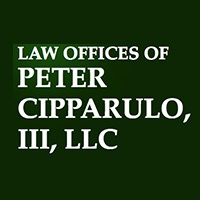Hopewell RICO Act Lawyer, New Jersey
Sponsored Law Firm
-
 x
x

Click For More Info:
-
Cohen & Bernstein, L.L.C.
1360 Clifton Ave #309 Clifton, NJ 07012» view mapCriminal Defense We’re In this Together!
We work hand in hand with our clients to ensure all of your questions are answered and progress through your legal issue is seamless.
800-978-7341
Not enough matches for Hopewell RICO Act lawyer.
Below are all Hopewell Criminal lawyers.
Douglas F Herring
✓ VERIFIEDFormer Los Angeles & Compton gang prosecutor, federal prosecutor, and state prosecutor … Now providing an aggressive criminal defense for you. As... (more)
Patrick C. O'Hara
✓ VERIFIEDPatrick C. O'Hara is a practicing lawyer in the state of New Jersey.
Peter Cipparulo
✓ VERIFIEDMr. Cipparulo was graduated magna cum laude and Phi Beta Kappa from Rutgers College in 1987 and was graduated from Seton Hall Law School in 1990. ... (more)
 Lindsay Bernstein Clifton, NJ
Lindsay Bernstein Clifton, NJ Practice AreasExpertise
Practice AreasExpertise



